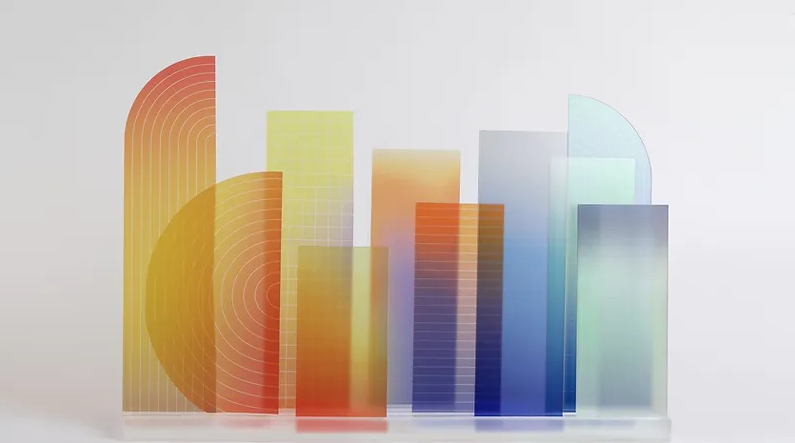NFTs are unique digital assets that represent items such as collectibles, metaverse assets, skins, artwork.
NFTs are unique digital assets that represent items such as collectibles, metaverse assets, skins, artwork. These are common items in games, which is why NFTs have recently become popular as “in-game assets.”
These assets can have real value, providing digital property rights that can be used to build “earn while you play” economies that help developers make more money and ultimately produce better, fairer games.
The games industry is a hotbed of experimentation.
Game developers are early adopters of new technologies. They are constantly experimenting with new game mechanics, user interfaces, and ways to monetize their games. Developers are particularly eager to test game mechanics that can be built on top of NFT.
These in-game assets can be used as premium virtual goods or currency, such as skins in Fortnite. Developers can build irreplaceable tokens that represent unique in-game items that can be collected, traded, or auctioned for real money. These in-game NFTS have sold for millions of dollars, such as the Formula 1 track NFT which sold for a staggering $3 million.
NFT has the potential to radically improve the gaming experience by giving gamers greater control over their digital assets. NFTs make it easier to buy and sell those assets with other players, and provides developers with an additional revenue stream through in-game transactions.
Another way NFT affects gaming is by giving players more control over their digital assets.
If a player has an NFT of a virtual item they designed, or even if they bought a skin for the game, they can be confident that the asset will always belong to them.
The industry has seen this with the emergence of NFTS like CryptoKitties, where players have full control over their virtual assets as they are immutable and stored forever on the blockchain. In Next Earth, users can purchase a virtual land NFT that corresponds directly to a map of the Earth. Unlike physical property, users’ digital property rights become immutable and decentralized.
The games industry could become an important early adopter of NFT, and many are eager to see how this will develop. The implementation of these in-game economies is still experimental – we need more time to fully understand their impact on gameplay. However, if successful, we could see more developers adopting NFT in their own games.

